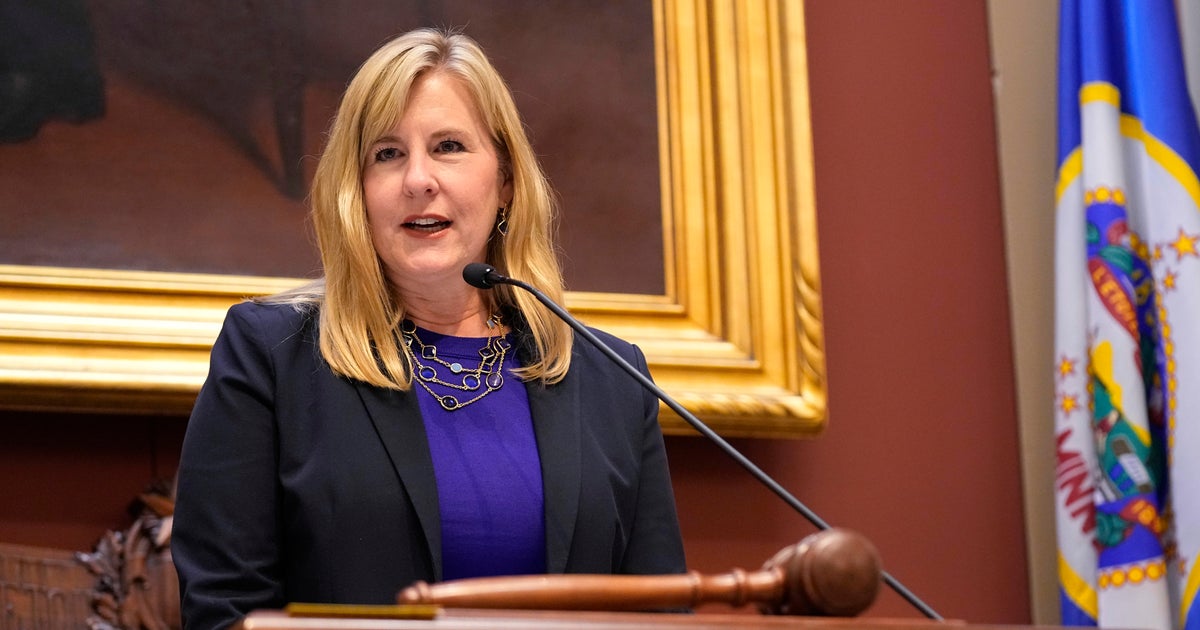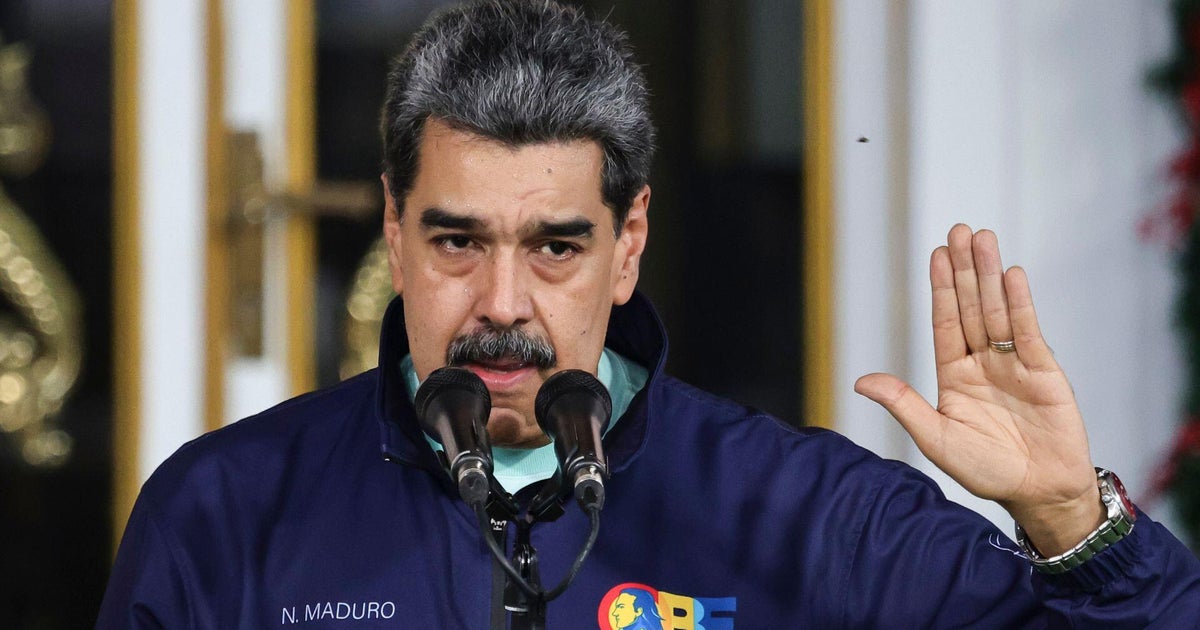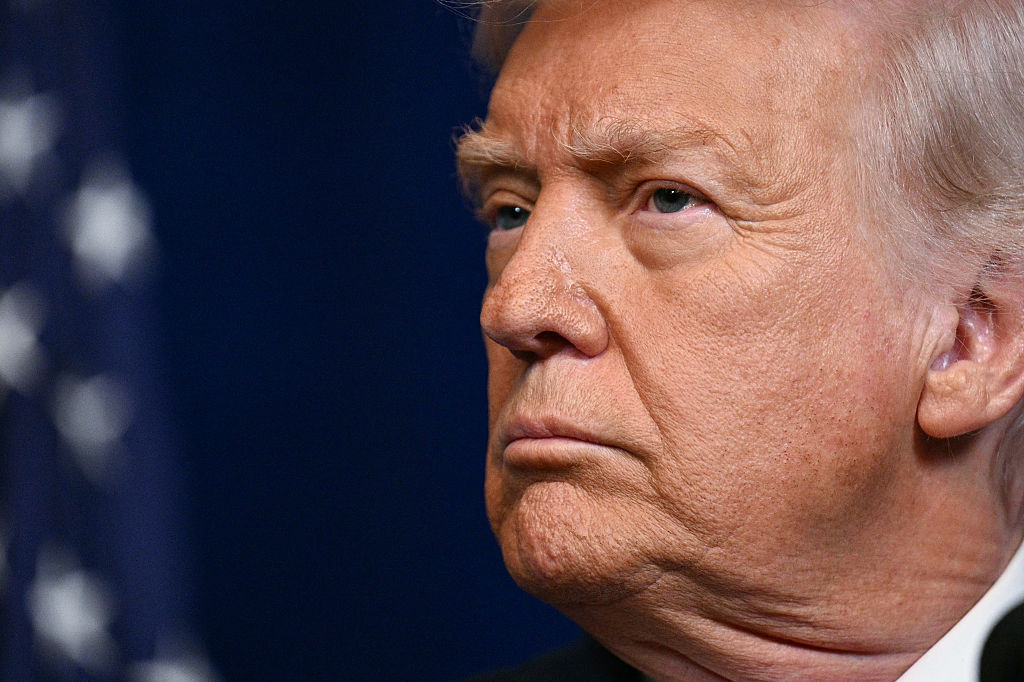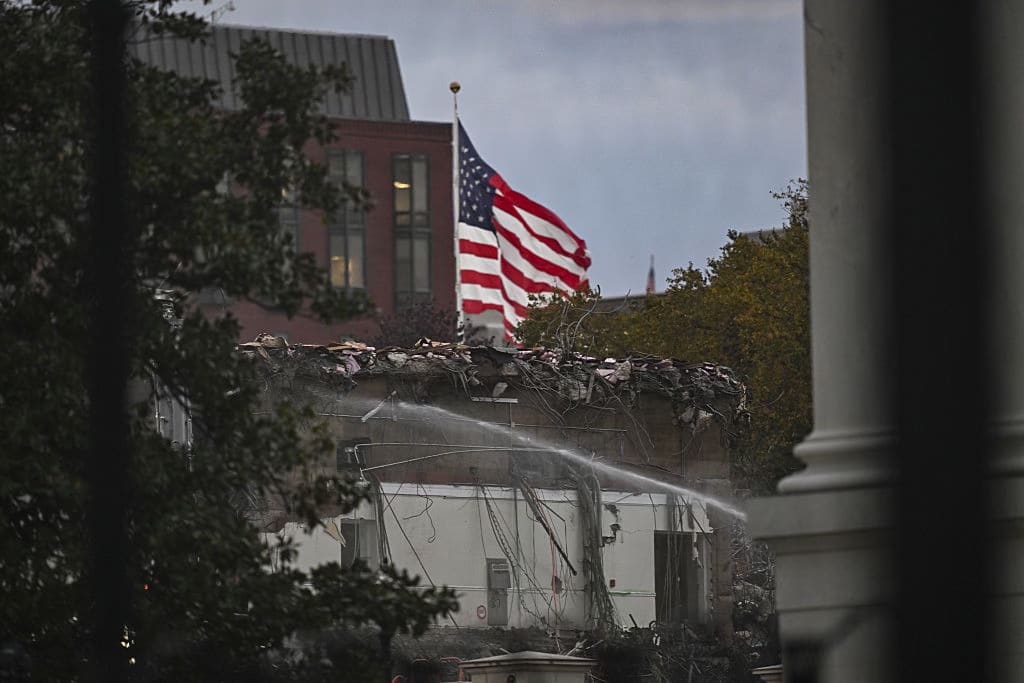A who's who of CEOs decry Trump's travel ban
Some of America’s most prominent companies have condemned President Donald Trump’s controversial executive order that temporarily restricts immigration from seven predominantly Muslim countries. That directive has also spurred nationwide protests and lawsuits in several states, in addition to condemnations in many foreign capitals.
The reaction has been especially strong from the U.S. technology industry, which counts on foreign workers to fill positions that don’t have enough American applicants with the necessary skills. In a memo to employees, Apple (AAPL) Chief Executive Tim Cook said he shared their concerns about Mr. Trump’s actions and promised the company would do all it can to help employees affected by the action.
“It is not a policy we support,” wrote Cook, who’s a member of Mr. Trump’s Strategic and Policy Forum. “Apple is open. Open to everyone, no matter where they come from, which language they speak, who they love or how they worship.”
Cook didn’t specify how many employees are affected. A spokesperson for the Cupertino, California, company couldn’t immediately be reached.
About 200 employees of Alphabet’s Google (GOOG) business are affected by the move, according to the search engine giant. Co-founder Sergey Brin, an immigrant from the former Soviet Union, reportedly joined protestors denouncing the move at the San Francisco International Airport. Google also formed an immigration crisis fund that could raise as much as $4 million for groups that are helping immigrants, such as the American Civil Liberties Union.
About 76 Microsoft (MSFT) workers were affected as were three IBM (IBM) employees according to the companies, which both raised concerns about the new policies. Microsoft CEO Satya Nadella, himself an immigrant from India, told the software giant’s employees that he has experienced the benefits of immigration, a point he has made in private meetings with government leaders.
Other companies were still assessing the order’s impact on their staff.
The Trump administration has argued that the media was hyping the impact of the order, which resulted in the detention of 109 people.
“I have not seen such widespread CEO outrage since the 2002 corporate backlash against Section 404 of Sarbanes-Oxley regarding the vague open-ended nature of the mandate that all publicly traded companies must establish internal controls and procedures for financial reporting and must document, test and maintain those controls and procedures to ensure their effectiveness -- providing no guidelines on what is required,” said Jeffery Sonnenfeld, senior associate dean for Leadership Studies at Yale School of Management, in an email to CBS MoneyWatch.
Netflix (NFLX) CEO Reed Hastings struck a more confrontational tone, arguing on Facebook that Mr. Trump’s actions are hurting the video streaming service’s employees. Hastings said the order is “so un-American it pains us all. Worse, these actions will make America less safe (through hatred and loss of allies) rather than more safe.”
Jeremy Stoppelman, co-founder and CEO of online restaurant review site Yelp (YELP) said in a note distributed to the company’s employees that “It’s hard for me to comprehend the underlying motivation and lack of empathy that drove the president’s executive order this weekend, but know this… we will do everything in our power to help and protect our affected employees.”
Hewlett-Packard (HPE) CEO Meg Whitman, a Republican former candidate for the U.S. Senate who denounced Mr. Trump as a “demagogue” during the campaign, told the tech giant’s employees that HP would continue to advocate for immigration policies “that recognize America’s core principals and the contributions immigrants make to our collective strength and prosperity.”
Facebook (FB) Chief Executive Marc Zuckerberg noted in a post on his site that he was the grandson of immigrants and that his wife Priscilla Chan was the daughter of refugees from China and Vietnam.
“Expanding the focus of law enforcement beyond people who are real threats would make all Americans less safe by diverting resources, while millions of undocumented folks who don’t pose a threat will live in fear of deportation,” he said.
Starbucks (SBUX), whose CEO Howard Schulz backed Mr. Trump’s Democratic rival Hillary Clinton, announced plans to hire 10,000 refugees around the world over the next five years, a move that has prompted calls for a boycott by the president’s supporters.
The CEOs of Goldman Sachs (GS), JPMorgan (JPM), Ford (F) and Nike (NKE) also spoke out against the ban as did General Electric (GE) CEO Jeffrey Immelt.
In a memo to his staff, Nike Chief Executive Mark Parker denounced Mr. Trump’s move as a threat to the values the world’s largest apparel maker holds important, such as diversity, according to the Oregonian newspaper. A Nike spokesperson couldn’t immediately be reached.
In a memo to GE’s workers, Immelt said he worried about the impact Mr. Trump’s order will have on the conglomerate’s operations. He has previously said he’s looking forward to working with America’s billionaire president.
“We have many employees from the named countries, and we do business all over the region,” he said. “These employees and customers are critical to our success, and they are our friends and partners. We stand with them and will work with the U.S. administration to strive to find the balance between the need for security and the movement of law-abiding people.”





